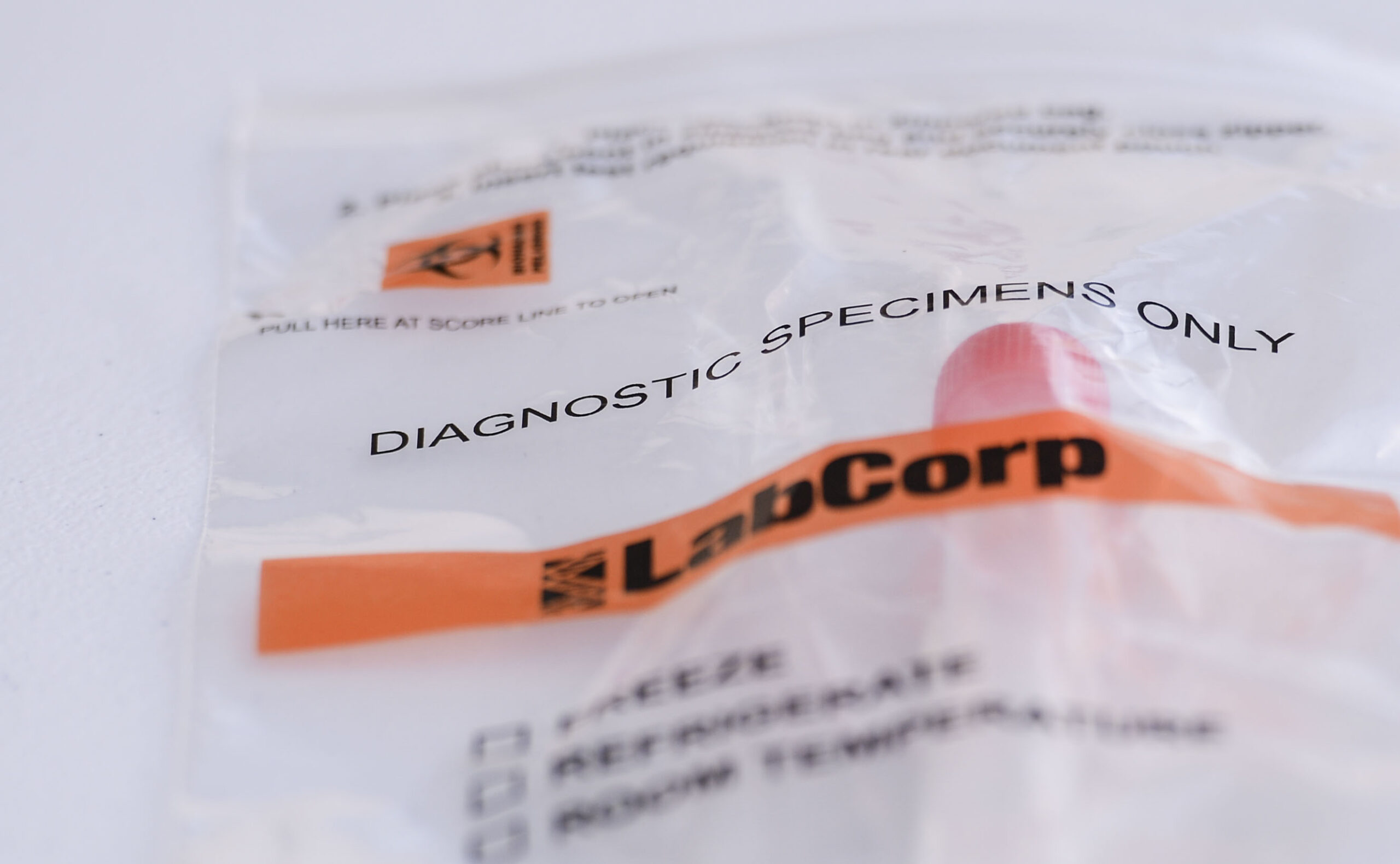MORGANTOWN — When it comes to COVID-19 infection rates in Monongalia County, Harvard says we’re in the red, the CDC says we’re in the yellow and the experts say we’re about to be in the dark.
According to Monongalia County Health Department Executive Director Anthony DeFelice, the state intends to end its free community PCR testing at the end of the month.
“It wasn’t collaborated with the local health departments,” DeFelice said of the decision during Thursday’s Monongalia County Board of Health meeting. “We’re going to put a plan into place where we’ll offer the PCR testing here. It won’t be free, but we have to have that up and running by next Wednesday.”
It was explained that one of the major issues with the loss of free community testing statewide is it will take critical information along with it.
Luke Moore, a regional epidemiologist with the Monongalia County Health Department, said the state’s PCR testing provides the daily data stream used to track the disease.
“If the state isn’t getting the data, there will be nothing to send. So at best it will be underreported because the PCR tests that do get sent will require a doctor’s prescription or insurance is going to have to pay for them. So not having PCR community testing free is really going to effect the data we have,” Moore said.
Moore said the numbers being collected now are likely already well underreported due to the prevalence of home testing.
Even so, Monongalia County has jumped from a rolling daily average of five new cases per 100,000 people to 32.7 since April 11.
Depending on what color-coded chart you prefer — MCHD uses Harvard’s, the state prefers the CDC — the county is either red or yellow.
But by any metric, Moore continued, those numbers are heading in the wrong direction and the data stream is about to run dry.
“Not knowing how many cases per day … That’s important data to know so we can provide the best prevention and best strategies to protect our community,” Moore said. “That’s a little bit concerning from my standpoint.”
Going forward, Moore said home testing kits and wastewater surveillance will likely play a larger role in local health officials’ ability to track COVID.
But both come with drawbacks.
Home tests are not as accurate and are rarely reported. While wastewater surveillance is useful to track disease concentration within a community, Moore said it’s more of a complementary tool to be used in conjunction with individual testing.
“The other issue with wastewater surveillance is it’s about a two-week lag. So if you’re trying to make a public health intervention or implement mitigation strategies on data with a two-week lag, it’s not an ideal situation, but I think that’s where we’re going to be moving to,” he said.
Free home testing kits are available at covid.gov.




